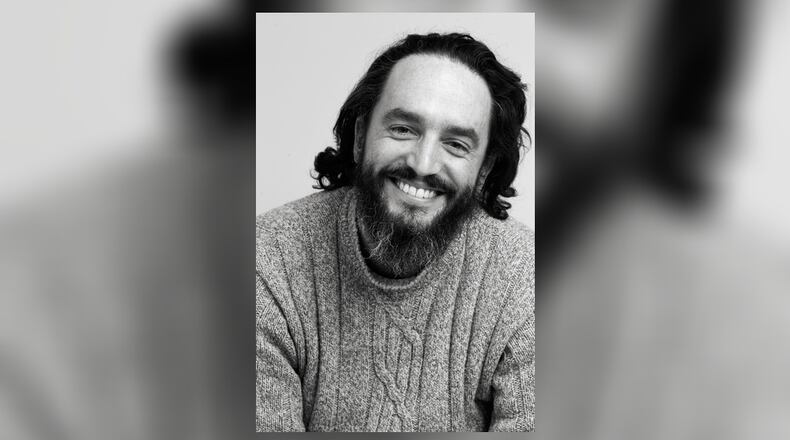Two hundred years later, open-government advocates celebrate Sunshine Week during President Madison’s birthday week. Sunshine Week commemorates the critical role that government transparency plays in the health of our representative democracy.
Ohio’s Sunshine Laws require that all public decisions are made in public - as well as discussions and deliberations leading to them - and spell out our rights to access public records. Sunshine laws are only impactful, however, when we - the people - ensure that our government shares sufficient information for us to understand public decisions and we use that information to hold our public officials accountable. Sunshine Laws can arm us with the power of knowledge that we need to actively demand action from the people that represent and serve us.
As an active member of the Dayton community, I have experienced my fair share of frustration regarding government transparency and accountability. And in some instances, I have also experienced how the power of knowledge can be used to advance increased transparency and accountability.
In 2020, the Dayton Police Department began using license plate readers in the Twin Towers neighborhood after consulting only a few people while most residents were unaware of it, violating the spirit of Sunshine laws and raising privacy concerns. In response to this secrecy, a group of community members and organizations - including Latinos Unidos, NAACP Dayton Unit, Leadership for Equality and Action Dayton, Black Lives Matter Dayton, Dayton Hispanic Chamber, and Advocates for Basic Legal Equality - came together to demand a process for you and I to participate in city decisions impacting our public safety.
The coalition collaborated with national organizations (e.g., American Civil Liberties Union) and City of Dayton officials to help draft an ordinance to oversee the acquisition and use of police surveillance technology in Dayton and advocated for its passage. In May of 2021, the Dayton City Commission unanimously approved the ordinance, thus requiring Commission approval of all new police surveillance technology. This ordinance aims at arming Dayton residents with the necessary knowledge to become active participants in our government.
Today, the City must notify the community before the Commission approves new technology and provide ample opportunity for you and I to participate in a public hearing. The Dayton Police Department must publicly share the policies governing how surveillance technologies can and cannot be used. And every year, the Police Department must share information on surveillance-technology usage to enable us to assess the value of these technologies to our public safety. You can sign up to receive notifications from the City of Dayton regarding new proposed surveillance technologies, use-policy updates, annual reports, etc. so you can let your public officials know how you prefer to be served.
The coalition continues to oversee the ordinance implementation and work with the City of Dayton to co-create a transparent and effective process. The coalition also hosts community conversations to discuss surveillance-technology usage in Dayton. To join the conversation or to learn how to pursue similar initiatives within your jurisdiction, reach out to the coalition at CoalitionOnPublicProtection@gmail.com.
The belief that “government functions best when it operates in the open’' is the foundation of Sunshine laws and democracy. To ensure better, more open government in all aspects of local governance, our involvement is critical. With “the power which knowledge gives”, we can all be our “own Governors.”
Julio C. Mateo is a Human Factors psychologist, an independent consultant and a human-rights activist. Julio is a member of the Coalition on Public Protection and a graduate of The Journalism Lab.
About the Author
